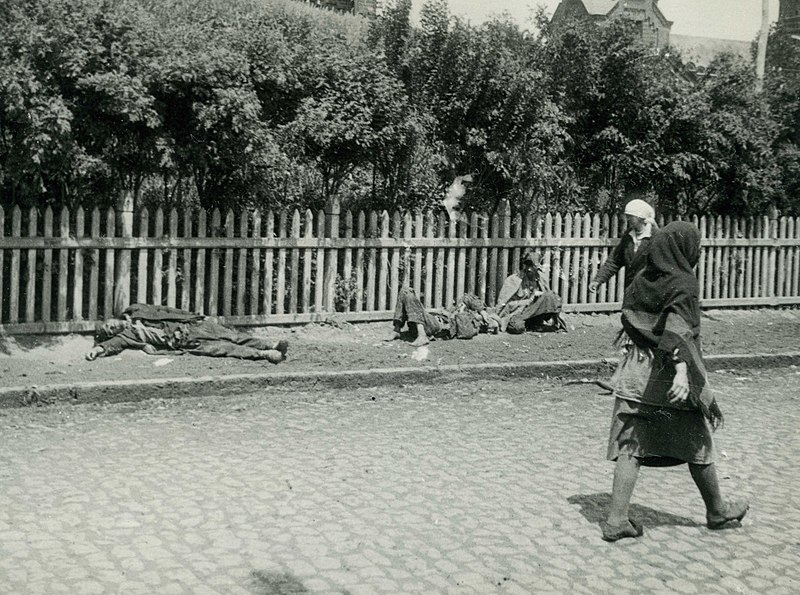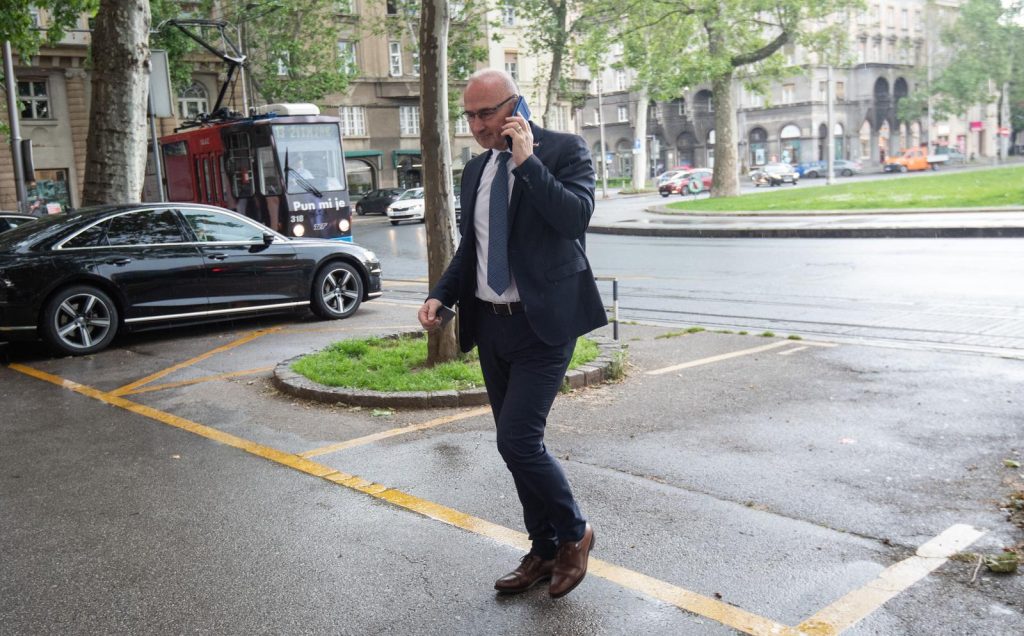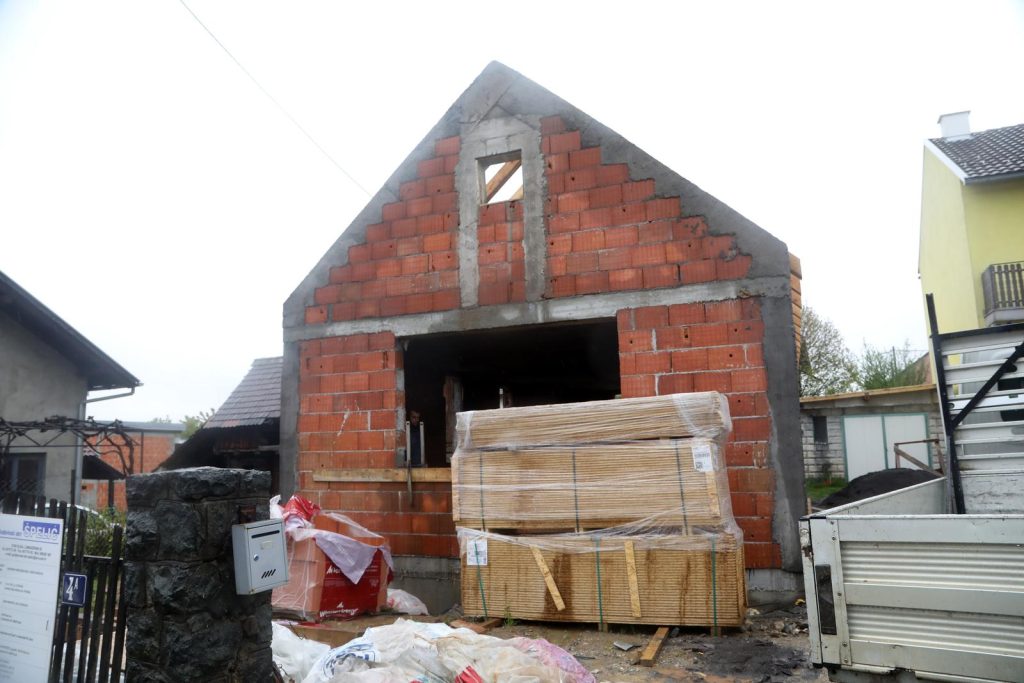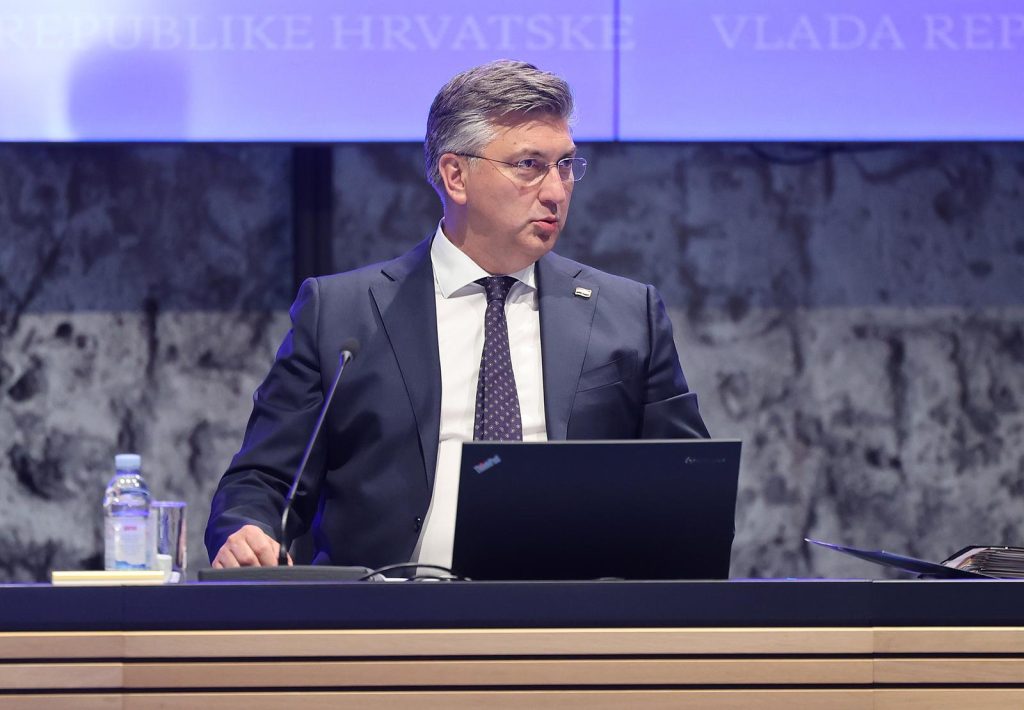June the 16th, 2023 – This week in Croatian politics, we’ve had the continued unwavering support of Croatia to Ukraine, the EBRD has presented its plans to revitalise Petrinja, and the Financial Times has accused the Croatian Government and the Foreign and European Affairs Minister of making threats.
The Croatian Government supports the recognition of holodomor as a genocide against Ukraine

One remarkably positive thing Croatia has done and continued to do very firmly since the Russian invasion of Ukraine back in February last year is support the Ukrainian struggle fully and with utmost honesty. The country hasn’t so much as wavered an inch despite the often problematic and politically damaging comments made by President Zoran Milanovic about both Russia and Ukraine.
Croatia recognises the tragedy of the Holodomor
Known as the Terror Famine or the Great Famine, the Holodomor was a man-made famine which took place across the former Soviet Ukraine in the early 1930s. Millions of Ukrainians perished, and it has been an extremely sore topic ever since – with good reason. Few countries have suffered as intensely as Ukraine and its people, and Croatia, a country which has known the horrors of war and fought its own battle for independence just thirty years ago, is standing firmly beside Ukraine in recognising the Holodomor for what it was – a genocide.
An official initiative
In its constant effort to help Ukraine, the Croatian Government recently officially supported the initiative of the Croatian Parliament to declare the Holodomor a genocide against the Ukrainian people. Plenkovic made sure to state his position of total support of this initiative at a recent government session, during which this topic stood out given current events.
More than 20 countries have supported declaring the Holodomor a genocide against Ukraine
More than 20 countries, as well as the European Parliament itself, have duly recognised the Holodomor as genocide.
The Financial Times openly accuses the Croatian Government of threats

Yes, you read that correctly. The widely read and perhaps even more widely respected publication the Financial Times has openly accused the Croatian Government and various individuals in the world of Croatian politics of making threats.
The accusation
According to what the Financial Times has reported, the Croatian Government and certain figures in Croatian politics have allegedly “put pressure on the insurance company Allianz and threatened it with regulatory action after a local Allianz-controlled pension fund pulled out of a deal that included paying 500 million euros to the Kremlin-controlled Sberbank.”
The Russian bank is trying to find a buyer for its 42.5 percent stake in Fortenova, the former Agrokor. Last autumn, the government wanted Sberbank to sell its stake to a group of Croatian pension funds, the largest of which was AZ, a fund that is 51 percent owned by Allianz, with the Italian UniCredit also owning a minority stake, writes the FT.
A breach of EU sanctions against the Russian Federation?
The transaction, which valued Sberbank’s stake in Fortenova at 500 million euros, fell through with AZ pulling out last October after Allianz decided to back out of the deal over fears it could breach European Union sanctions against Russia, people familiar with the details allegedly told the Financial Times.
Allianz told the Financial Times that AZ’s supervisory board “made an independent decision not to continue investing in Fortenova because its risk-return profile was completely inappropriate for retirees and because its financial structure presented potential risks it considered unacceptable.”
Gordan Grlic Radman is accused of lobbying
Figures in Croatian politics have also been dragged into this unfolding saga. Croatian Foreign Minister Gordan Grlic Radman and Croatian Ambassador to Germany Gordan Bakota then allegedly “lobbied various Allianz executives” according to Financial Times sources. Grlic Radman allegedly urged Allianz board member Klaus Peter Röhler to overturn the decision, claiming that Fortenova is crucial for the Croatian economy, the FT claims.
The Croatian Ministry of Foreign Affairs in Zagreb did not respond to FT’s requests for comment, and the embassy in Berlin refused to comment on the case.
Hanfa’s alleged involvement
When Allianz refused to consider the decision, Croatian regulator Hanfa allegedly issued what some called “open threats” against the German company’s local operations back in November. Hanfa said at the time that the local administration would be removed and the fund forced to pay a fine if it was found to have problems in risk management, the sources said.
A few weeks later, Hanfa launched an inspection in AZ, saying it was a regular audit of decision-making processes, controls and cyber risk management, the sources said.
When asked about these developments, Hanfa declined to comment in detail, telling the Financial Times that their “investigation into the AZ pension fund is still ongoing” and that they would “inform the public of all the results of the review once it is complete”.
Alleged government pressure
Sberbank is, as is very well known, the largest shareholder of Fortenova, but the consequences of sanctions caused by last year’s Russian invasion of Ukraine complicated the structure, and the refinancing of the group’s billion debt became complicated and expensive.
The German Government has been informed about the pressures of the Croatian Government and Hanfa on Allianz, the sources claimed. A German Government spokesman told the FT that the government “will not comment on internal business decisions or the content of confidential discussions with representatives of other countries”. Allianz said it would not comment on “communication with government authorities”, but added that “they made decisions based on their value in accordance with the values and duties the company has towards its clients”.
Fortenova CEO Fabris Perusko refuses to comment
Fortenova CEO Fabris Perusko has refused to comment on the actions of the Croatian Government, but has said: “The situation we’re in today is the result of an agreement that failed to be reached in October. If it had been reached, today we’d have been refinanced and focused exclusively on the business.”
The European Bank for Reconstruction and Development presents its petrinja plans

Yes, we’re still talking about the devastating earthquakes which struck Petrinja, Glina and the area of Sisak-Moslavina back at the end of December 2020. The Croatian Government and some in Croatian politics have been called just about every name under the sun, with many believing it hasn’t done anywhere even close to enough to aid the people in that earthquake-stricken region.
The EBRD however has a plan to revitalise Petrinja, and the Japanese Government is also involved through a mechanism called the Japan Cooperation Fund. The first results of the project entitled “The urban renewal of the city of Petrinja after the earthquake – strategic support (Building Back Better)” were presented in Petrinja itself as part of a special event dedicated to Petrinja revitalisation plans.










